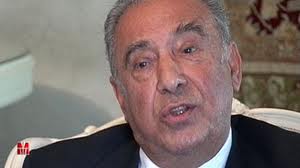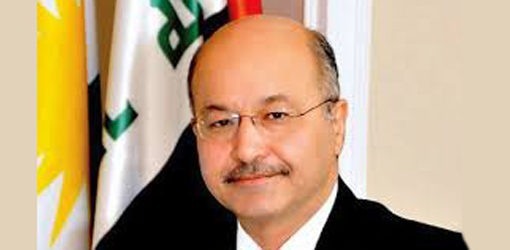A typical Iraqi individual
From the outset, let me say that I am an Iraqi in every sense of the word. My one goal in life was to pursue a career in energy as a petroleum engineer and serve my country. Despite several setbacks in my younger years, I secured my dream job, but it came at a cost. In 1971, I
was sentenced to death in absentia on trumped-up charges that led to a life in exile. This is my story.
I come from a middle class family and a culture where respect and tolerance for race and religion was the norm.
I was born in the Karrada district of Baghdad on 15 June 1930. My maternal grandfather was an Arab and my maternal grandmother was Kurdish. My grandfather is a descendent of Imam Zein al-Abdeen Ali Ibn al-Hussain, (the fourth Shi’a imam), although my family is Sunni. We were brought up not to distinguish between Sunni or Shi’a. Indeed, of my four sisters, three married Iraqis who today would be defined as Shi’a, but who did not identify as such in the past. This was the Iraq I knew when I left in 1968 and preserved in my mind during my 40 years of exile. It was an Iraq built on ‘muwatana’ (national unity and allegiance to the homeland), not on ethnic or race divides.
We were eight children in my family and I was the second child and eldest son. My father was from a middle class Iraqi family, whose own father, Shafiq Abdulrahman Sa’ad-allha Hassan Hussain Pasha, was the senior civil servant (qa’im-maqam) of Nasiriya in the south of Iraq. His wife, Amina Abdukader Hishmat, was a unique woman in her own right who, when my grandfather died, became the family’s sole breadwinner and apparently earned a reputation as a successful trader and enjoyed the respect of many. Indeed, during our early childhood, we lived in one of four houses she had built; one for herself, one for each of her two daughters, and one for my father. She had become sufficiently close to the al-Hashimi family, which produced two prime ministers, Yassin and Taha al-Hashimi, and, as the story goes, she played a significant role in supporting the nationalist leader, Taha al-Hashimi. In early 1940 she travelled to Istanbul, where he was living in exile, smuggling out for him gold coin liras by hiding them in an ingenious way, some in the bottom of small wooden boxes containing honey and others inside home-baked cookies, called “klecha”.
To continue reading dlick on following link to download the full document as PDF file.








Comment here